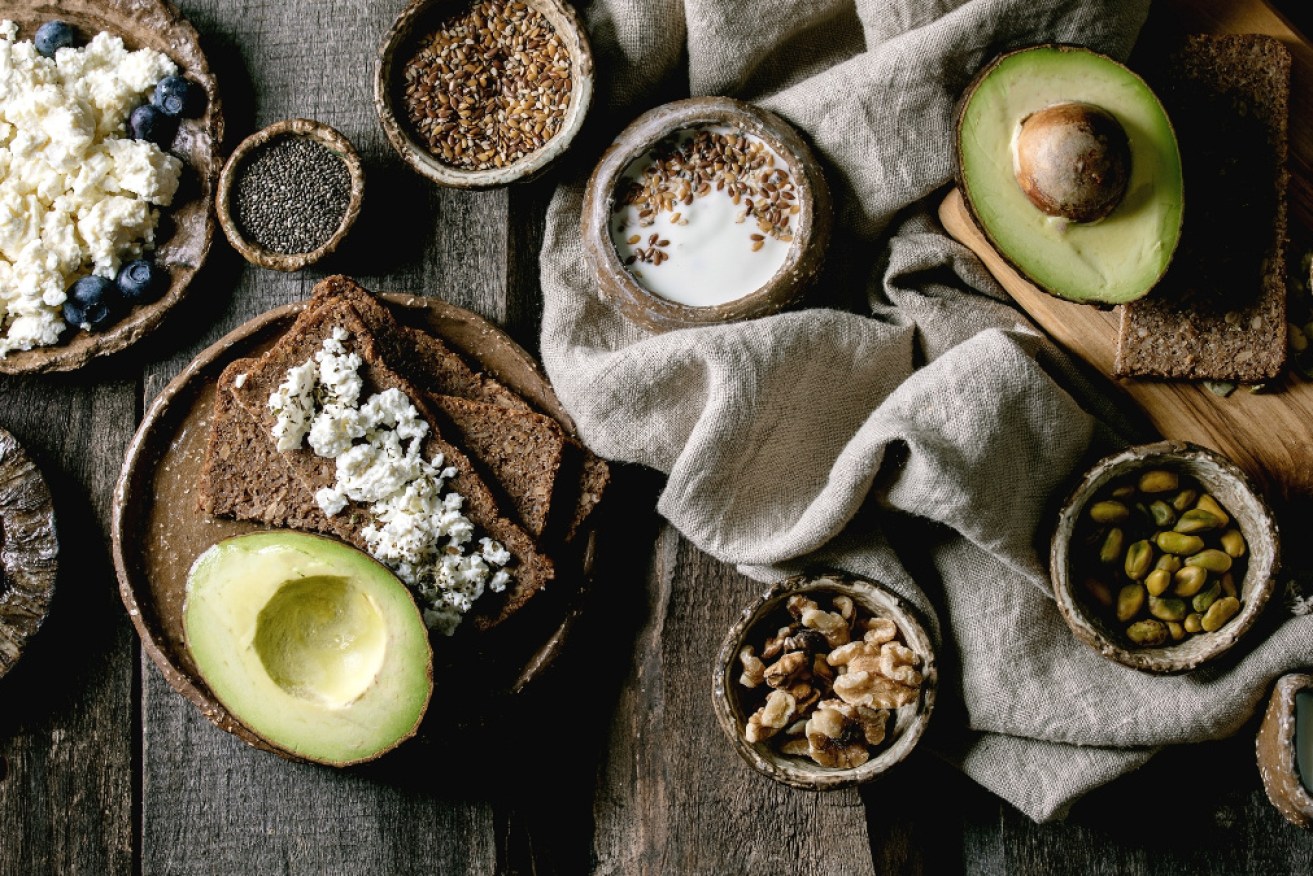An avocado a day reduces ‘bad’ belly fat in women: New study


New research has found that women who eat an avocado every day enjoy a reduction in 'bad' fat. Photo: Getty
You might have heard of the ‘bad’ abdominal fat that surrounds and cushions our organs.
It’s bad for you and it’s hard to get rid of by simply reducing calories.
In fact, a University of Sydney study found that this ‘bad’ fat is resistant to fasting.
Cardio and strength-training appear to be your best option, but not everyone is up for intense exercise.
But new research has found that women who eat an avocado every day enjoy a reduction in ‘bad’ fat – known as visceral abdominal fat – and a redistribution of belly fat away from the organs, giving them a healthier profile.
The positive effect was only found in women.
Why healthy fat balance matters
We have two kinds of belly fat.
The fat that accumulates right underneath the skin is called subcutaneous fat – and because it’s on the surface of the body, and therefore visible to the eye, it’s popularly regarded as problematic.
But the ‘bad’ fat is visceral abdominal fat which is found deeper inside the body.
When there is a great proportion of visceral fat to subcutaneous fat, we’re at greater risk of developing diabetes, stroke and heart disease.
The researchers from the University of Illinois Urbana-Champaign didn’t actually set out to promote weight loss in their study participants.
“We were interested in understanding what eating an avocado does to the way individuals store their body fat,” said Dr Naiman Khan, a professor of kinesiology and community health.
“We were interested in determining whether the ratio of subcutaneous to visceral fat changed with avocado consumption.”
And that’s precisely what happened
One hundred and five adults who were overweight or obese participated in a randomised controlled trial that provided one meal a day for 12 weeks.
At the beginning and end of the 12 weeks, the researchers measured participants’ abdominal fat and their glucose tolerance, a measure of metabolism and a marker of diabetes.
The participants were divided into two groups.
One group received meals that incorporated a fresh avocado, while the other group received a meal that had nearly identical ingredients and similar calories but did not contain avocado.
Female participants who consumed an avocado a day as part of their meal had a reduction in “hard-to-target” visceral abdominal fat and experienced a reduction in the ratio of visceral fat to subcutaneous fat, indicating a redistribution of fat away from the organs.
However, fat distribution in males did not change, and neither males nor females had improvements in glucose tolerance.
“While daily consumption of avocados did not change glucose tolerance, what we learned is that a dietary pattern that includes an avocado every day impacted the way individuals store body fat in a beneficial manner for their health, but the benefits were primarily in females,” Dr Khan said.
“It’s important to demonstrate that dietary interventions can modulate fat distribution. Learning that the benefits were only evident in females tells us a little bit about the potential for sex playing a role in dietary intervention responses.”
A follow-up study is planned. The research was funded by the Hass Avocado Board.








